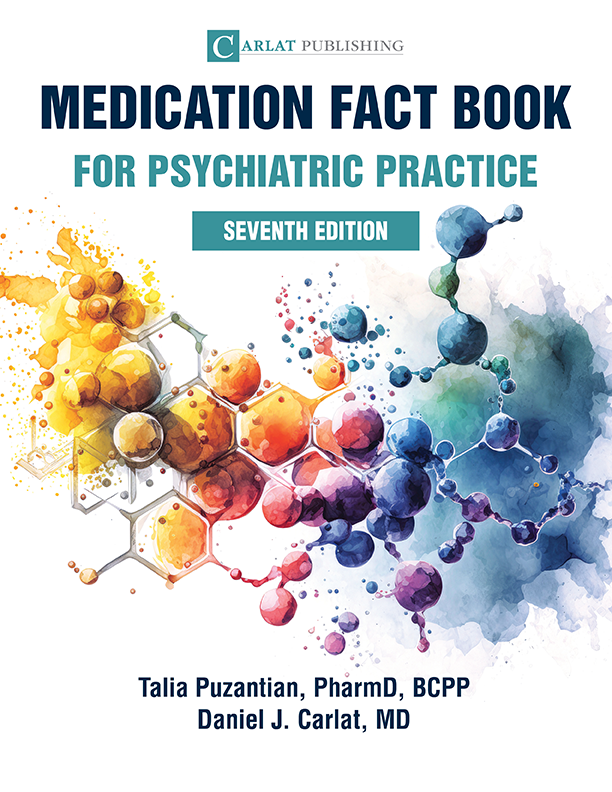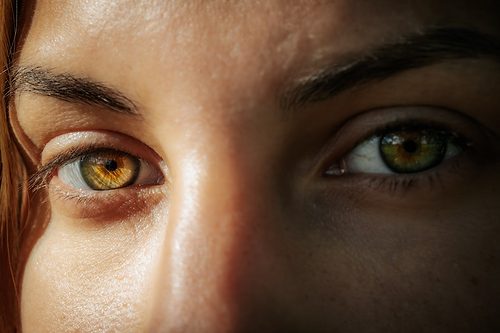General Psychiatry
Measuring the Quiet Man: Estimating Risk of Violence
Douglas Tucker, MD
Affiliated faculty, Forensic psychiatry fellowship program, University of California, San Francisco
Dr. Tucker has disclosed that he has no relevant relationships or financial interests in any commercial companies pertaining to this educational activity.
Mikel Matto, MD
Resident in psychiatry, University of California, San Francisco
Dr. Matto has disclosed that he has no relevant relationships or financial interests in any commercial companies pertaining to this educational activity.
Read More
Fighting in the Trenches: A Practical Guide to Violence Risk Assessment and Management
Josh Sonkiss, MD
Chief Resident University of Utah Department of Psychiatry
Dr. Sonkiss has disclosed that he has no relevant relationships or financial interests in any commercial company pertaining to this educational activity.
Read More
Patients, Families, and the Legal System
Annette Hanson, MD
Clinical assistant professor, Director, fellowship in forensic psychiatry, University of Maryland School of Medicine
Dr. Hanson has disclosed that she has no relevant relationships or financial interests in any commercial company pertaining to this educational activity.
Read More
A Primer on Palliative Care
Devon Neale, MD
Assistant Professor, Department of Internal Medicine, Geriatrics & Palliative Medicine, University of New Mexico
Dr. Neale has disclosed that she has no relevant relationships or financial interests in any commercial company pertaining to this educational activity.
Read More
Existential Psychotherapies: An Introduction
Benjamin R Tong, PhD
Professor of clinical psychology, California Institute of Integral Studies
Dr. Tong has disclosed that he has no relevant relationships or financial interests in any commercial company pertaining to this educational activity.
Read More
The Role of Psychiatry in Palliative Care
William Breitbart, MD
Professor and chief of psychiatry service, Memorial Sloan-Kettering Cancer Center, Attending psychiatrist, Memorial Hospital for Cancer and Allied Diseases, Pain & Palliative Care Service, New York, NY
Dr. Breitbart has disclosed that he receives income from books he has published. Dr. Balt has reviewed this article and has found no evidence of bias in this educational activity.
Read More
Is Low Dose Lithium Effective in Bipolar Disorder?
Glen Spielmans, PhD
Associate professor of psychology, Metropolitan State University, St. Paul, MN
Glen Spielmans, PhD, has disclosed that he has no relevant financial or other interests in any commercial companies ertaining to this educational activity.
Read More

_-The-Breakthrough-Antipsychotic-That-Could-Change-Everything.jpg?1729528747)



